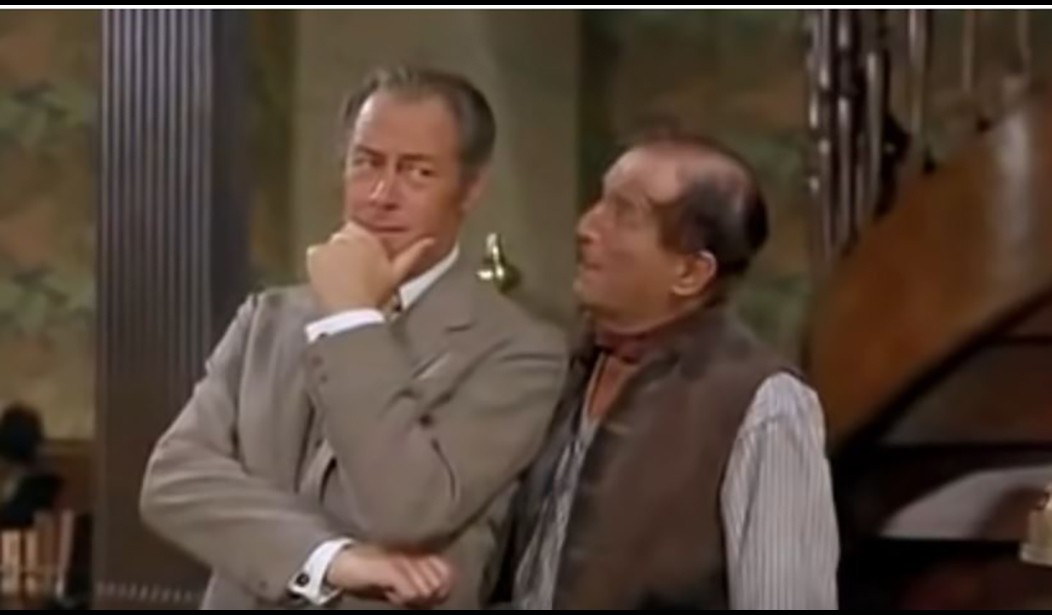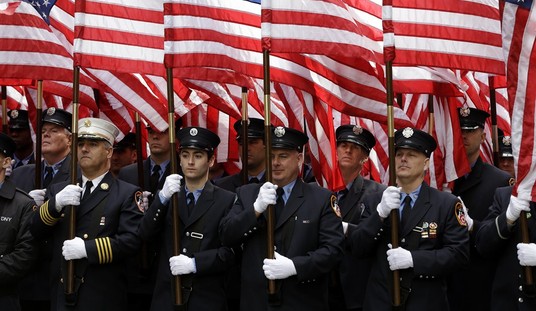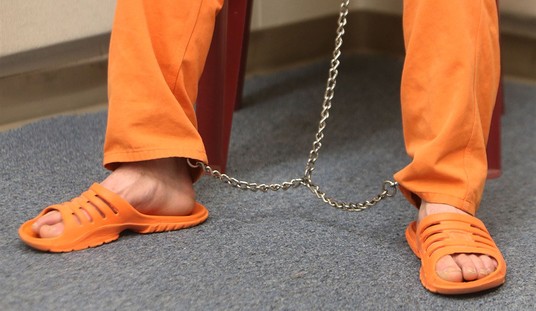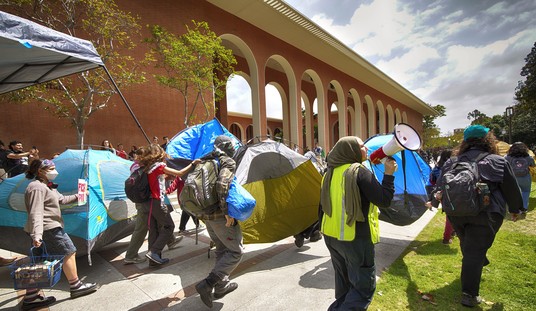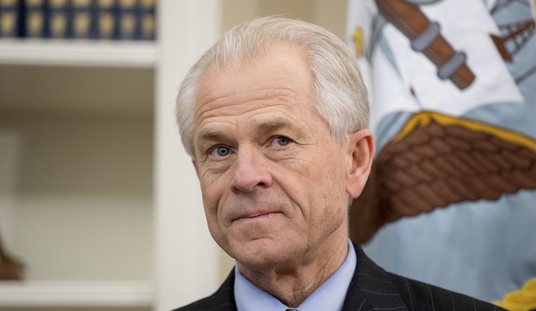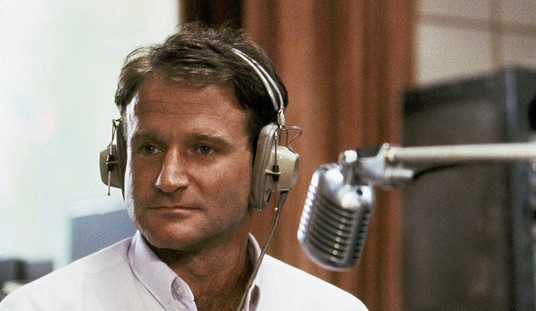The labor force participation rate is still dropping.
- Traditionally labor force participation — the share working or at least looking for work — of men is higher than it is for women. While still true, the share of U.S.-born, working-age men in the labor force have declined for six decades. Participation of U.S.-born women peaked in 2000, but has declined some since, particularly for those without a bachelor’s.
- Using a broad definition of working age (16 to 64), the share of U.S.-born men in the labor force was 77.5 percent in April 2023, nearly the same as in 2019, pre-Covid. But this is significantly lower than the 83.1 percent in April 2000 and the 88.7 percent in 1960.
Somewhere, on the margins, people are not working because they choose not to work. They can and do live on government benefits, maybe not luxuriously but comfortably. But should capable, able-bodied people be able to do this? Should they be allowed to do this?
Is it time to bring back the idea of the undeserving poor?
Merriam-Webster defines "undeserving poor" as "poor people who are thought to have bad moral character and do not deserve to be helped." But one of the best depictions of this term I've ever seen can be seen here:
The moral character of the fictional (and yet amusing) Alfie Doolittle aside, there would appear to be a difference between, say, a young widow with two children who has just been laid off and a heroin addict living in a tent on a Los Angeles sidewalk. Indeed, this difference would appear to be so great as to be a difference in kind, not just a difference in degree. One is clearly more deserving of help at public expense (if we are going to insist on having such a thing) than the other.
It's an interesting thing to contemplate. It’s an easy thing to say the underserving are, well, undeserving, and shouldn’t be catered to. How would that work in practice? Well, that’s a little more complicated.
Here’s the problem, and I’ve said this over and over: What government does for anyone, it must do for everyone, or it must do for no one.
That doesn’t mean there can’t be a sliding scale of deservedness for government welfare benefits. Still, it would have to be rigorously defined, using qualifiable and quantifiable standards that are applied to every applicant in the same way.
How do we identify someone as undeserving? What happens to those who are deemed undeserving? My guess at the odds of any level of government coming up with a coherent, even-handed, and consistent policy here is as close to zero as makes no difference. But just for discussion, I’ll take a shot at it.
A person is of the deserving poor if they are poor due to circumstances beyond their individual control. The aforementioned widow, for example, or a disabled person who is not able to do any productive work; these people are among the deserving poor.
A person is of the undeserving poor if they are poor due to bad decisions on their own part. Drug addicts, alcoholics, and people who voluntarily left employment and filed for the dole; these people are among the undeserving poor.
Here’s a complication: What about single mothers? One could argue that the child is deserving, and the mother is undeserving, but barring taking the child away, I see no way to resolve that. I do not think taking children away from capable parents is a good idea.
What, then, do we do with the undeserving poor?
In the past, there were several ways to handle the able-bodied poor. (Yes, that’s not the same thing; more on that in a moment.) In the UK in 1834, during the Industrial Revolution that, yes, saw a lot of social upheaval, Parliament passed the Poor Law Amendment Act, which made some changes in how benefits were distributed among the deserving vs. undeserving poor. A Royal Commission recommended:
- Relief for the able-bodied should be given only in workhouses.
- Different classes of paupers should be segregated; that would include separation of families.
- Establishment of a central authority to ensure different regions treated their paupers to the same standard.
- Mothers of illegitimate children would receive less benefits than mothers of children born within wedlock. The government would seek to identify the fathers of illegitimate children to recover those costs.
Most of those won’t (and shouldn’t) be implemented today, but there are some tidbits to glean from those policies.
While “able-bodied” isn’t necessarily a synonym for “undeserving,” I don’t really have a problem with work requirements for the able-bodied, especially the undeserving. There are plenty of roadsides that need litter picked up. And, yes, fathers should be held responsible for the support of their children; this dissolution of families, enabled in large part by overly generous welfare benefits, can be laid at the feet of too many of America’s social problems today.
As far as the undeserving poor, it seems the answer there is to make being on the dole a little sparser. Maybe not to the level of “if one does not work, one shall not eat,” but certainly a work requirement for those that can work, and a lifetime limit on benefits. The welfare system should provide a safety net, but not a hammock. If an applicant is addicted to drugs or alcohol, they should be required to report to a rehabilitation program as a condition of their benefits. If they are healthy and able-bodied and have voluntarily left employment, then "No soup for you." As my father was fond of saying when, as a young man, I found myself in a jam, “You got yourself into this; you get yourself out of it.”
Personal responsibility is still a thing, isn't it?
The United States is still, despite all efforts by Congress to the contrary, a prosperous country. The deserving poor can be cared for and assisted to move into productive employment. The addicted and homeless can be treated and put to work. The purely shiftless? They can be left to their own devices.
My colleague Mike Miller phrased it very well a while back:
As a decent, moral country — contrary to what the Democrat Party is doing its damnedest to program low-information voters to believe — we have an obligation to take care of American citizens who cannot take care of themselves by any other means. However, we do not have an obligation to take care of those who will not take (care of) themselves.
Learned helplessness, compliments of the left, notwithstanding.
2024 matters. Let’s not screw it up.
And that’s the key. Not people who can not take care of themselves. People who will not take care of themselves. The first deserve our charity. The second? A hand up, sure, and maybe a swift kick in the backside to those who have one coming. A handout, no.

